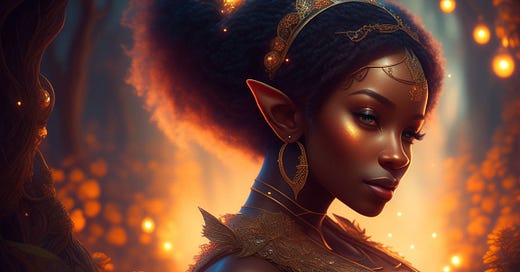Desert nights are never a particularly pleasant thing to endure. Few there were who could endure them such was the chill that seeped into one’s bones, during desert evenings. It was not so much the matter of starting a fire, or avoiding scorpions or snakes but a matter of loneliness. There was an oppressive darkness that so often entered one’s soul, whe…
© 2025 Brothers Krynn
Substack is the home for great culture



